 I’m honoured to have been given a Postdoctoral Research Associate position at Darwin College in Cambridge! The position provides an opportunity to become involved with the social and academic community at the college. Other benefits include dining privileges and the use of college facilities (e.g. social, music and sporting facilities, the library and punts/kayaks). Throughout the PhD (while I was at Jesus College) I was always very fond of Darwin College because of its informal atmosphere, international graduate-only student community, its link to the famous biologist and beautiful College gardens. I also like its focus on equality, being the first Cambridge College to admit both men and women. Darwin College was founded in 1964 in Newnham Grange, the family home of Charles Darwin's son and grandson, and is situated next to the river in the centre of Cambridge.
0 Comments
One small sweep for a spore …one giant leap for mosskind! Mosses are the dominant flora in Antarctica, yet we know little of when and how they got there. The majority of Antarctica’s moss flora (~45% of species) has a curious ‘bipolar’ distribution pattern - a pattern with species occupying regions in the high latitudes of both hemispheres, with no or very small intermediate populations at higher elevations in tropical regions. This non-continuous distribution pattern has puzzled scientists, including biologists such as Darwin and Wallace, since the 19th century. In this large-scale genetic study we investigated the origin of the curious ‘bipolar’ distribution pattern in several common moss species of the family Polytrichaceae. We found that the driver of these bipolar disjunctions is long-distance dispersal. This could have happened when a spore or other reproductive plant propagule has crossed the equator, either via winds or birds. Nevertheless, we found that such inter-hemispheric dispersals are rare events, occurring on multi-million year timescales, also illustrating the difficulties for plants to make such long journeys. Sampling locations and bipolar distributions (shown in green) of the different moss study species.
No 'stepping stone' dispersal across the equator Polytrichum juniperinum also has some small populations in mountainous regions of northern South America, which could have acted as cold habitat “stepping-stones” to get from one hemisphere to the other across the equator. However, the study found this was not the case, and that these populations were in fact derived from a separate dispersal event from the south. Persistence in Southern Hemisphere glaciated regions The study also found that all mosses had been present in the far south (Antarctic or southern South America) well before the Last Glacial Maximum and previous glaciations. These regions are thought to have experienced extensive glaciations throughout these glacial cycles, complicating survival for these plants. The findings of this study suggest that plants must have been present here, despite the harsh conditions throughout these glacial periods. Polytrichaceae mosses in the Scottish countryside - these mosses occur across the temperate regions of the Northern Hemisphere, but are also present in the outer ends of the Southern Hemisphere. Photos by Peter Convey
At this year's SCAR Biology conference I was given the honour of opening the conference with a public lecture, held in the beautiful Promotion Hall in the University Halls of Leuven. I provided a general introduction to terrestrial life in the Antarctic: what types of life you can find in the Antarctic, the various habitable habitats, life's evolutionary history and special adaptations to the harsh Antarctic environment.
The presentation was followed by a preview of a beautiful documentary about the biodiversity of the deep-sea around the Antarctic with Anton Van de Putte (Royal Belgian Institute of Natural Sciences and KU Leuven, Belgium) and Maggie Amsler (University of Alabama, Birmingham, USA).
|
Hi! I am Elise Biersma, an evolutionary biologist studying polar plants and microbes.Archives
January 2021
Categories |
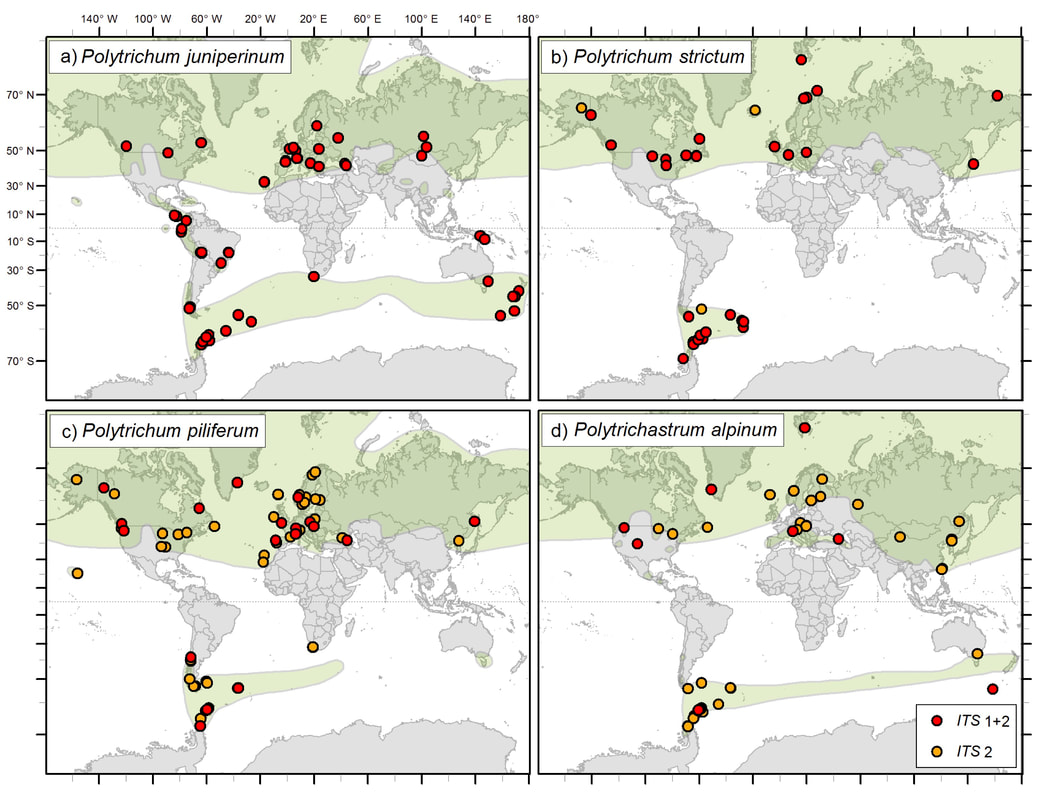

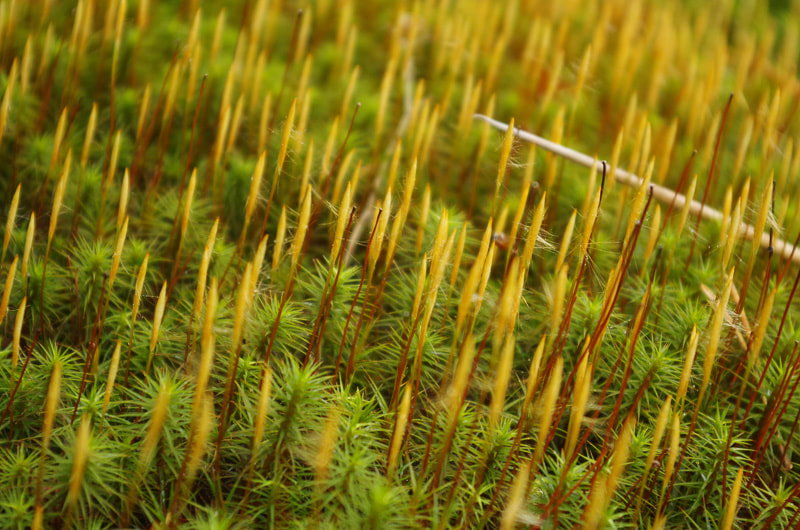
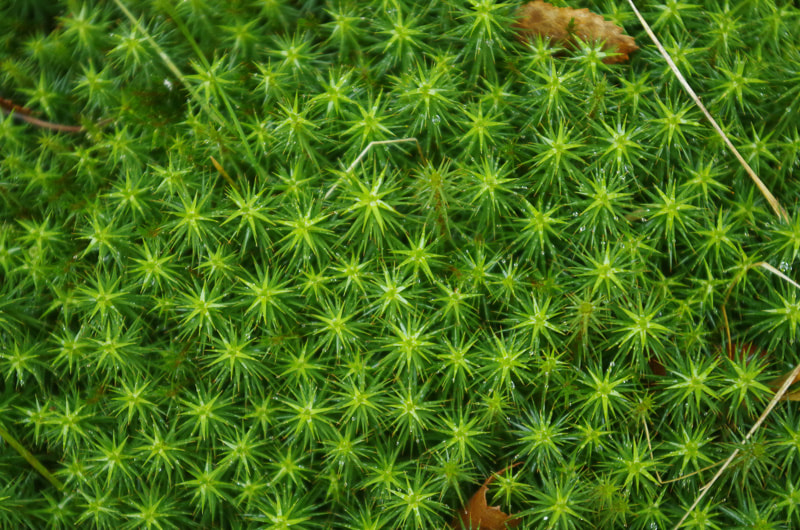

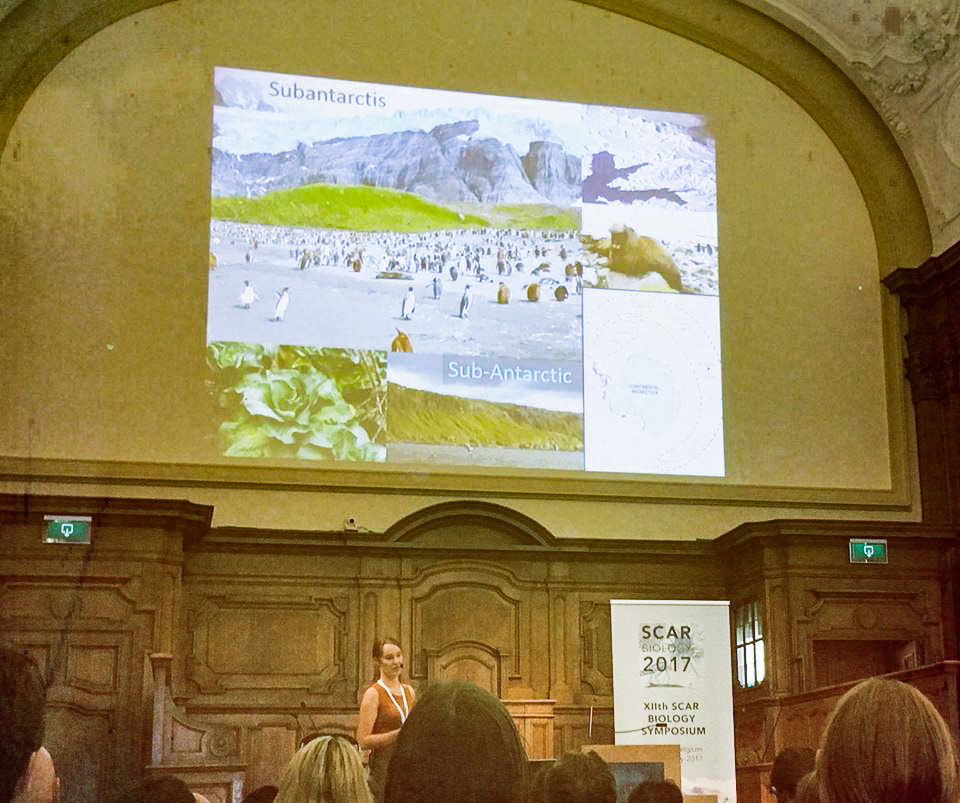
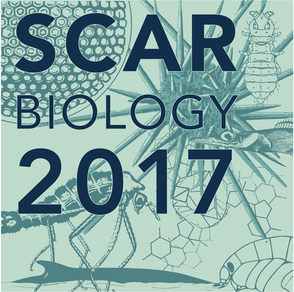
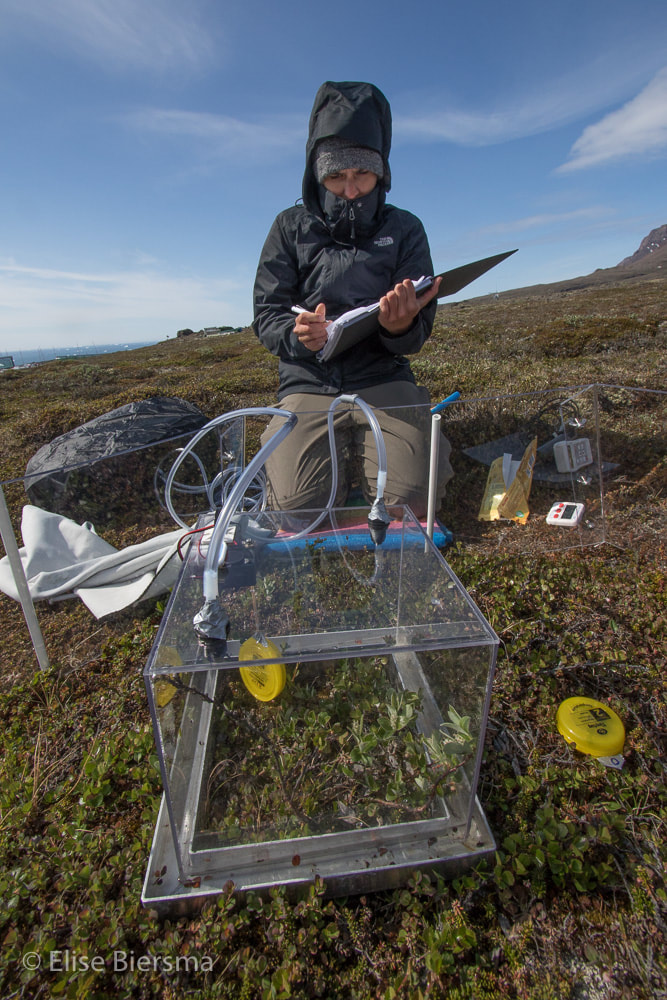






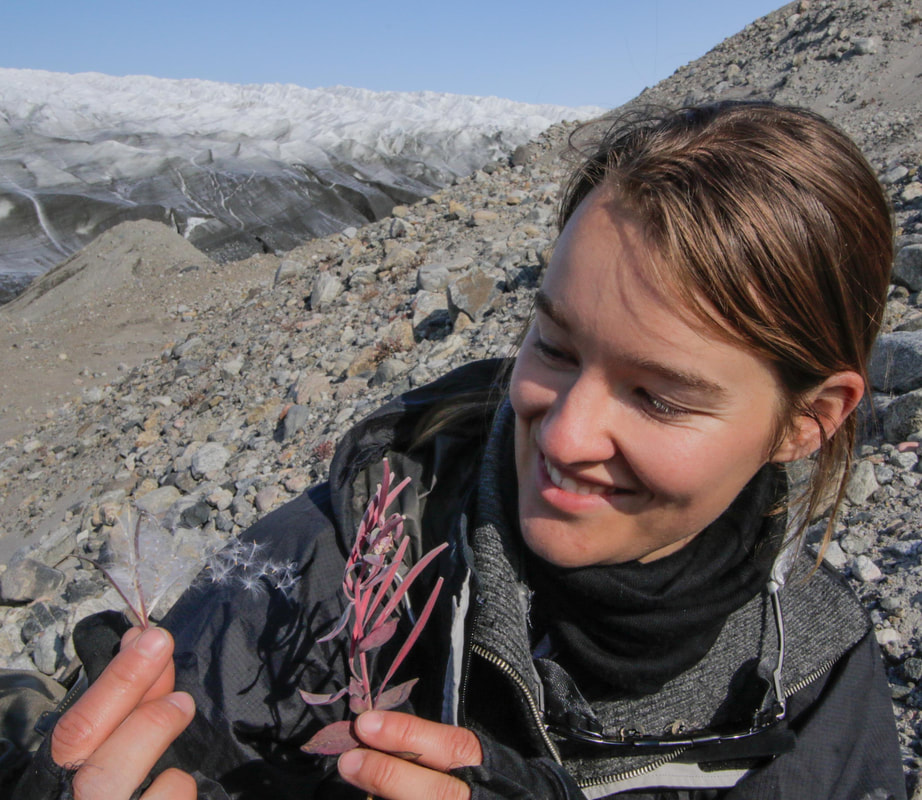
 RSS Feed
RSS Feed